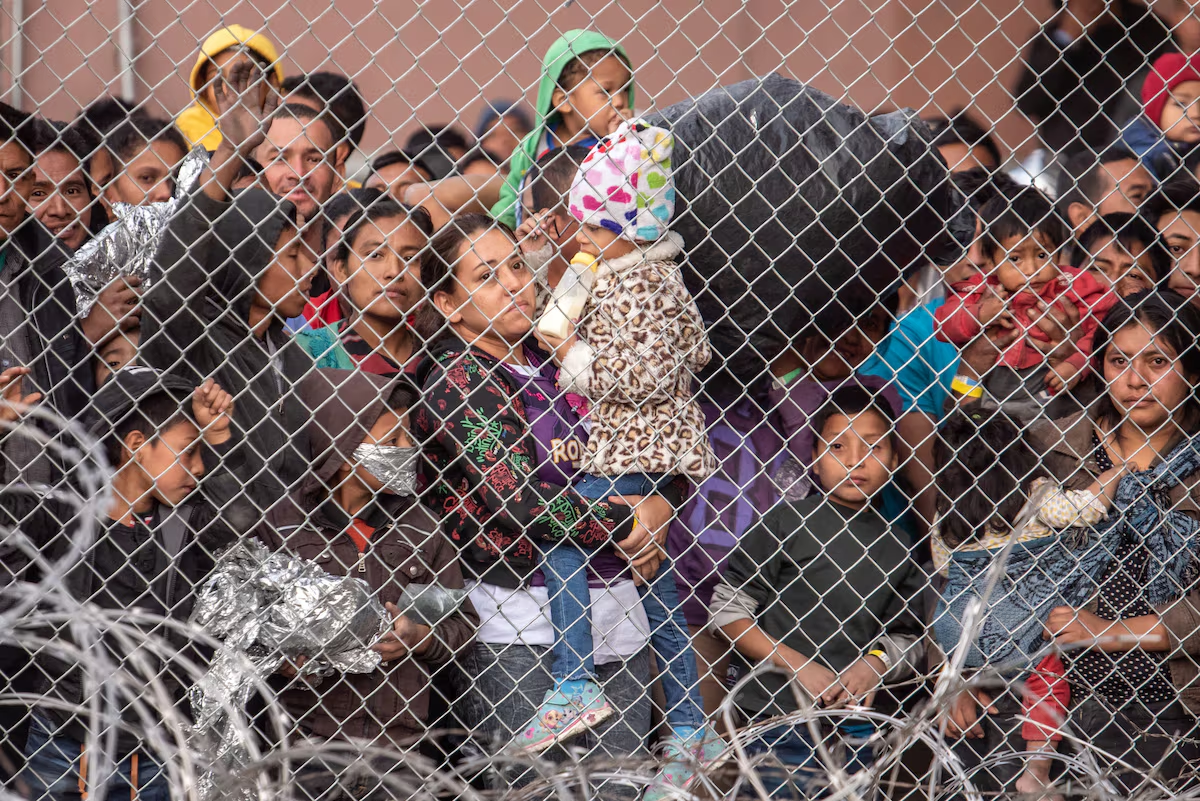"Residential schools (in Canada) did not arise from a well-meant initiative run amok. Even the most basic research reveals the destructive intent at the foundation of their design and implementation. They were not schools. They were institutions akin to the re-education centres of the Cultural Revolution in China and its current re-programming camps where ethnic Uyghurs are detained."
- Michelle Good in "Truth Telling"
This truth needs to be repeated insistently until reconciliation moves beyond hand-wringing words - to action - specifically the 94 Calls to Action of the Truth and Reconciliation Commission in 2015.
The Truth and Reconciliation Commission (TRC) of Canada issued 94 Calls to Action, several of which are directed specifically to the Catholic Church. Here are the key ones that apply to the Catholic Church:
1. Call to Action 58: The TRC calls upon the Pope to issue an apology to Survivors, their families, and communities for the Roman Catholic Church's role in the spiritual, cultural, emotional, physical, and sexual abuse of First Nations, Inuit, and Métis children in Catholic-run residential schools.
- Pope Francis came to Canada in the summer of 2022 and gave an apology. Some feel that it was just an apology for what "some" Catholics did historically, not an apology for what the Catholic Church did in facilitating and promoting colonial hegemony. Still, it was a well-intentioned start that was accepted by some Indigenous leaders.
2. Call to Action 59: This call asks church parties to the Settlement Agreement to develop ongoing education strategies to ensure that their congregations learn about their church's role in colonization, the history and legacy of residential schools, and why apologies to former residential school students, their families, and communities were necessary.
- There has been no effective action on this whatsoever. At the very least there could be an Indigenous Land Acknowledgement before Sunday mass in every parish church in every diocese in Canada.
3. Call to Action 60: The TRC calls upon leaders of the church parties to the Settlement Agreement and all other faiths, in collaboration with Indigenous spiritual leaders, Survivors, schools of theology, seminaries, and other religious training centers, to develop and teach curriculum for all student clergy, and all clergy and staff who work in Aboriginal communities, on the need to respect Indigenous spirituality in its own right, the history and legacy of residential schools, and the roles of the church parties in that system.
- Very few priests and deacons would appear to have even heard of the Doctrine of Discovery, even young priests fresh out of seminary. Catholic priests are largely ignorant of Indigenous spirituality, the history and legacy of residential schools, and the roles of the church parties in that system. On the contrary, much of what we hear is more defensive in nature or, at best, verbal hand-wringing devoid of acknowledging actual historical facts with present-day repercussions.
4. Call to Action 61: This call asks church parties to the Settlement Agreement, in collaboration with Survivors and representatives of Aboriginal organizations, to establish permanent funding to Aboriginal people for community-controlled healing and reconciliation projects.
- There has been some movement here in many dioceses, dependent upon donations to the Indigenous Reconciliation Fund. Most Catholics in the pew view their donations to this fund as charity, or in the same category as funds needed to pay victims of clergy sexual abuse.
These Calls to Action aim to address the historical injustices, and promote healing and reconciliation between the Catholic Church and Indigenous communities in Canada. It's time for a lot more concrete and effective action in response to the calls of the TRC made way back on the 15th December 2015.











